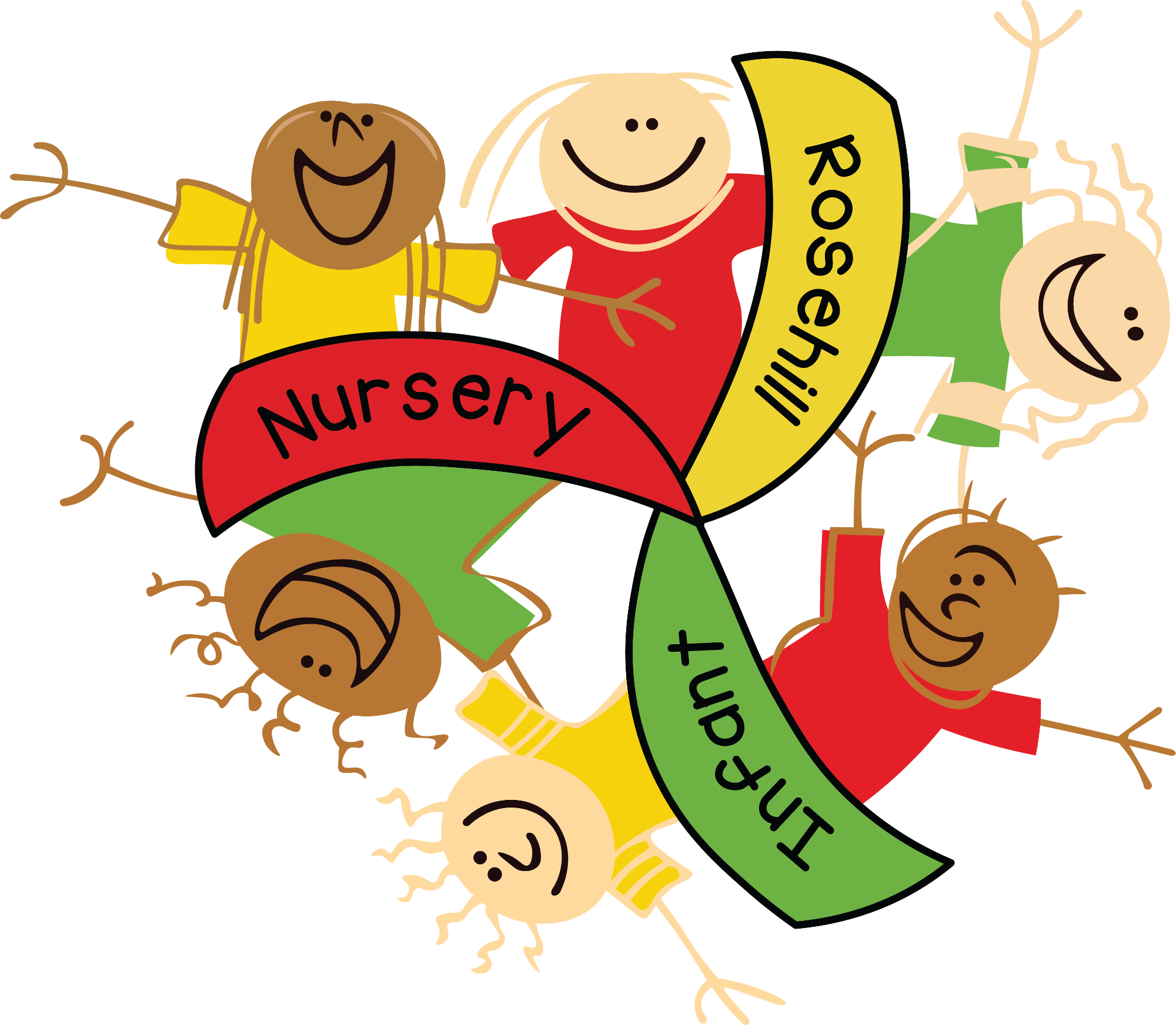Science in Early Years and KS1
Science in the Foundation Stage
Science will be a key part of the curriculum for your child's entire school career. At Rosehill we get them off to a flying start in the Foundation Stage. Science is introduced indirectly through activities that encourage your child to explore, problem solve, observe, predict, think, make decisions and talk about the world around them. Early Years science also helps children with skills in other Foundation Stage areas of the national curriculum.
Knowledge and understanding of the world
Children explore creatures, people, plants and objects in their natural environments. They observe and manipulate objects and materials to identify differences and similarities. For example, they may look at an egg whisk, sand, paper and water to learn bout things that are natural and man-made and their different functions. Children also learn to use their senses, feeling dough or listening to sounds in the environment, such as sirens or farm animals.
Your child will be encouraged to ask questions about why things happen and how things work, for example, they might open a mechanical toy to see how it works. They will also be asked questions about what they think will happen.
Science in key stage 1
'Working scientifically' underpins all learning- it is a continual approach in all science units. During years 1 and 2, pupils are taught to use the following practical scientific methods, processes and skills.
- asking simple questions and recognising they can be answered in different ways
- observing closely, using simple equipment
- performing simple tests
- identifying and classifying
- using their observations and ideas to suggest answers to questions
- gathering and recording data to help in answering questions
